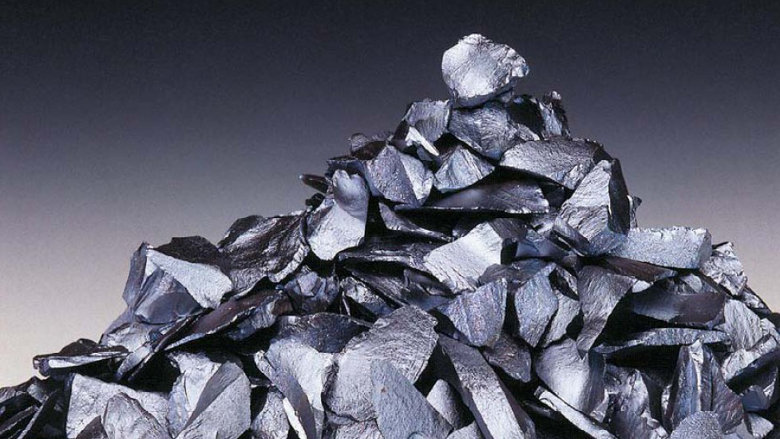Daqo New Energy, the world's fifth largest polysilicon producer according to 2017 production data from IHS Markit, has updated its sales forecasts for the second quarter of 2018, in the wake of China’s 31/5 announcement.
The polysilicon producer says it now expects external sales for Q2 2018 to be 3,800-3,900 metric tons (MT), reduced from the previous guidance of 5,300-5,500 MT. The company said it has sold 2,600 MT in the first two weeks of July, and reduced its inventory to low levels. Daqo also revised down guidance for its Q2 wafer sales, from 15-20 million pieces, to 9.5-10 million pieces.
The company, however, points out that that the 5,659 MT produced in the first half of year was within the range of its previously stated guidance of 5,600-5,800 MT, and that its production forecast for the full year 2018 remains unchanged at 22,000 – 23,000 MT.
Daqo, which is heavily reliant on Chinese demand for its polysilicon, noted that the revisions to its forecast reduced demand in the second half of the year, after China’s 31/5 announcement. “The new policies created significant uncertainty in the market and disrupted our downstream customer's production plans,” says Daqo New Energy CEO, Longgen Zhang. “At the same time, polysilicon average selling prices saw increased volatility in June but have since stabilized over the past two weeks.”
Despite this short-term impact on sales volume, in the longer term, Zhang says that the company remains confident that the polysilicon industry will see sustainable growth, and that after a period of good performance leading up to the policy change, its position will be strong enough to weather the storm.
“Leveraging our strong cash position, we maintained our production schedule believing that polysilicon ASPs would eventually stabilize and delayed shipments until demand returned in early July,” says Zhang. “During the first two weeks of July, polysilicon prices stabilized and our shipments returned to normal levels. We are currently running at full production capacity with low levels of inventory, which allows us to reiterate our full year production guidance.”
Zhang also confirmed in the announcement that Daqo’s ambitious plans to add a further 70,000 MT of polysilicon capacity at its factory Shihezi, in the Xinjiang Uygur autonomous region, would not be affected. “The sudden change in policy hasn't impacted our long-term strategic plan to strengthen our leadership position in the industry by further increasing our capacity, improving our cost structure and polysilicon purity.”
This content is protected by copyright and may not be reused. If you want to cooperate with us and would like to reuse some of our content, please contact: editors@pv-magazine.com.




By submitting this form you agree to pv magazine using your data for the purposes of publishing your comment.
Your personal data will only be disclosed or otherwise transmitted to third parties for the purposes of spam filtering or if this is necessary for technical maintenance of the website. Any other transfer to third parties will not take place unless this is justified on the basis of applicable data protection regulations or if pv magazine is legally obliged to do so.
You may revoke this consent at any time with effect for the future, in which case your personal data will be deleted immediately. Otherwise, your data will be deleted if pv magazine has processed your request or the purpose of data storage is fulfilled.
Further information on data privacy can be found in our Data Protection Policy.